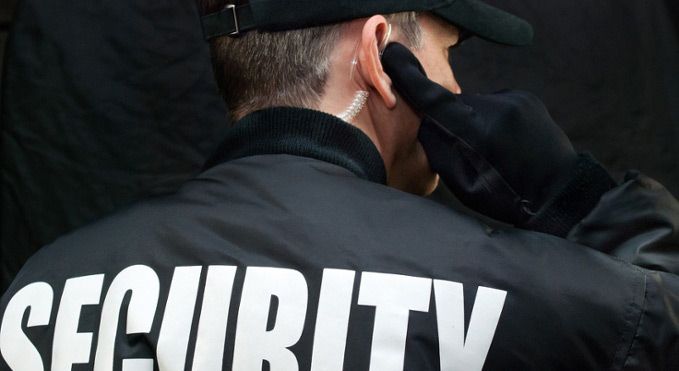Social Dancing can have its fair share of challenges. You know, everything from talking while dancing, to being able to recover from your dance mistakes – at times it can feel like public speaking on roller skates, but with, you know… dance steps.
That being said, there are challenges that go beyond your own dance skill: Dance partners.
We have examined all types of nightmare partners and things like lies your dance frame tells to your partner – but here is where we cover the tools for dealing with them.
After all, as challenging as some dancing humans can be, that only opens up the opportunity to learn how to take a skillful, and appropriate response to them.
1. Thank Them
Situation:
There are some partners that see themselves as a Teacher’s Aid. They offer unsolicited tips, advice, and will occasionally fix things about your dance frame with no hesitation.
Solution:
Thank them, but with a little added twist to mute any further advice.
“Thank you for the help. I’ll make sure to touch base with (insert your teacher’s name) so we can follow up.”
2. When Things Get Weird… Underarm Turn
Situation:
When the conversation goes down an unexpected path, the leading and following just doesn’t seem to be catching on, or things literally got started on the wrong foot.
Solution:
This is the time to whip out a quick underarm turn. In the case of an awkward conversation, an underarm turn can sometimes create enough of a mental distraction that you can nimbly change the subject. Great leaders understand that at times they need to hit the dance reset button with their partners – and an underarm turn is a great way of doing that.
3. Security Detail
Situation:
If your partner is beginning to spew dance negativity, raining on your social dance parade, or just throwing off the zen of your dance party – it’s time to call in reinforcements.
Solution:
If negativity was a criminal offense, and let’s be honest – in a social dance setting, it may as well be – you need to get this negativity offender to the proper authorities. This is why you’re going to escort this partner, in a very polite way, to have their next dance with one of the instructors. For the safety of others, this person should not feel incarcerated by this transition, and should never, at any point, resemble a scene from TV shows like COPS or Jerry Springer.
4. Apologize
Situation
You step on someone, they step on you, or something comes across the wrong way – dancing or otherwise.
Solution
Accountability is so incredibly valuable when it comes to social and competitive dancing. There is always someone, in very close proximity, that you can blame for mishaps. As easy as that is to do, an apology with a mind set towards accountability will make you, and any dance partner you’re having a tough time with, a viable partner in the future.
5. Zoom Out
Situation
At times, we can all lose sight of the fact that we are lucky to have dance problems.
Solution
Zoom Out. As difficult as we feel like our partners can be, it’s high time we take inventory and look to see if maybe we are zooming in on the wrong thing. It’s easy to zoom in on someone’s lack of experience, lack of communication skills, or lack of personal hygiene, but when we take a minute to zoom out from that extreme close-up we are more likely to take notice of the fact that this person, and everything they may be struggling with, is someone just like you who fell in love with dancing, and had the courage to share it with you.
Final Thought
When in doubt, communicate. We firmly believe that when communication goes down, speculation goes up – and speculation doesn’t make anyone seem like a viable option on the dance floor. Your teachers are experts in social dancing, and, therefore, understand everything that goes with the territory. Learning how to dance is one of the best investments you can make in yourself, and that skill is your reward for all the risk it took to step outside of your comfort zone in the early stages. Everyone won’t see the dance world the way you do, but you’re built for anything dancing can dish out – including a partner that challenges, and improves, your ability to connect with people.


